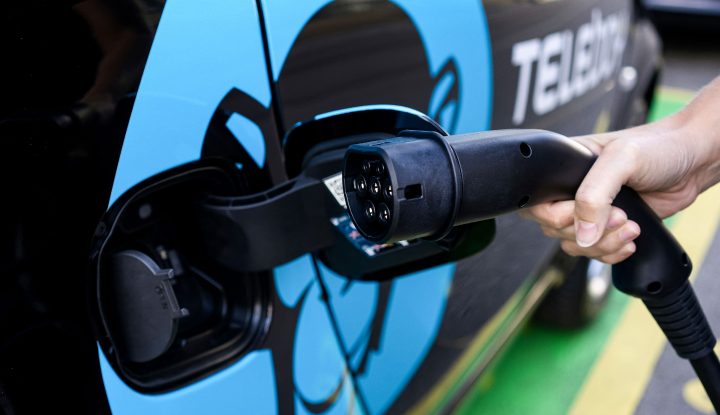Introduction
I’m sure I’m not the only one who feels this way, but when the travel regulations eased across the world post-pandemic, I couldn’t wait to get going. In fact, Revenue in the Travel & Tourism market is projected to reach US$637.70bn in 2022. User penetration is expected to hit 24.1% by 2026.
Overall, this is great news, but it also comes with a very real challenge: how do we make travel and hospitality more sustainable? Climate change is a reality, and consumers are increasingly becoming aware of it. They’re finding ways to reduce their carbon footprint and the adverse impact their lifestyles may have on the environment. The industry’s efficiency itself is also being driven by this awareness, as they make travelers and government bodies their allies in sustainable services and initiatives. Let’s take a look at some of the current and future measures.
Small measures, big results
The change required across the spectrum of travel will require that travel providers give travelers more options; and leisure & business properties make a significant commitment to supporting sustainability across a range of their services. It’s a daunting task, but the current needle of change is pointing in the right direction. For example, hotels are increasingly supporting sustainable initiatives like eco-friendly water conservation. They’re implementing more efficient ways of consuming energy – from lights with sensors that turn on and off at appropriate times to IoT-integrated monitoring and controlling of the operating cycles of HVAC systems. Sensor-based technologies are emerging in nearly every area of hotel operations and management, which is encouraging to watch.
We’ve also seen hotels take more bite-sized initiatives to involve travelers in helping them go green. Notices in hotel rooms urge travelers to reuse towels rather than getting them washed every day. Shampoos or cosmetics are being provided on request. Interestingly, the on-demand use of resources doesn’t just help travelers make smarter choices about carbon footprint, but also drives frugality in the cost of operations for hotels. It’s a win-win!
There’s also a big shift in how high-end properties is redefining the age-old concept of luxury in the hospitality industry from connoting abundance to being synonymous with unique experiences. So, we have hotels looking into novel entertainment and activity ideas that travelers don’t mind paying a premium for and see as having a high-quality ‘luxury’ experience. Read More
—-
This byline article was first published in ETTravelWorld







